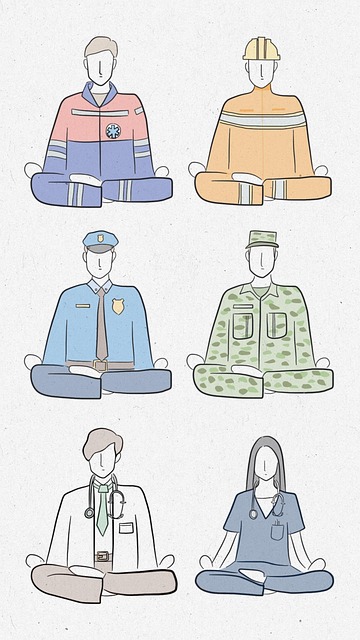Superior Child Abuse Therapy offers specialized sessions to identify and address root causes of substance abuse by uncovering underlying mental health issues like trauma, anxiety, or depression. By creating a supportive environment through therapy, community outreach, and public education, they break down stigma and encourage help-seeking behaviors. At home, open communication and active listening from parents strengthen trust and protect teens. Educational institutions play a role with programs promoting resilience and healthy coping mechanisms. Combining professional therapy with self-care practices enhances recovery outcomes, leading to lasting freedom from substance abuse.
In addressing substance abuse, risk reduction strategies extend beyond immediate cessation. This article explores comprehensive approaches to mitigate risks and foster recovery. We delve into identifying and addressing underlying causes, creating supportive environments at home and school, and accessing professional help for long-term recovery. By integrating evidence-based practices and resources, such as Superior Child Abuse Therapy, we aim to equip individuals and communities with tools to prevent and overcome substance abuse effectively.
- Identifying and Addressing Underlying Causes
- Creating a Supportive Environment at Home and School
- Accessing Professional Help and Resources for Long-Term Recovery
Identifying and Addressing Underlying Causes

Identifying and addressing underlying causes is a critical component of risk reduction strategies for substance abuse. Many individuals turn to drugs or alcohol as a coping mechanism for trauma, anxiety, depression, or other mental health issues. Superior Child Abuse Therapy can play a pivotal role in uncovering these root causes. Through specialized therapy sessions, individuals learn effective communication strategies to express their feelings and seek support, fostering healthier coping mechanisms and reducing the reliance on substances.
Community outreach program implementation and public awareness campaigns development are also essential components. These initiatives raise awareness about substance abuse risks and available resources, breaking down stigma and encouraging those struggling to seek help. By combining therapy, community engagement, and education, we can create a more supportive environment that addresses both the symptoms and underlying causes of substance abuse, ultimately leading to lasting recovery.
Creating a Supportive Environment at Home and School

Creating a supportive environment is paramount in mitigating risks associated with substance abuse, especially for vulnerable individuals like children. At home, fostering an atmosphere of open communication encourages teens to share their struggles without fear of judgment. Parents can play a crucial role by actively listening, showing empathy, and providing consistent support, which are essential components of superior child abuse therapy. Regular family meetings, where everyone contributes to setting boundaries and rules regarding substance use, can further strengthen this protection.
Educational institutions also bear the responsibility of contributing to risk reduction strategies. Schools should implement programs that promote resilience building and emotional regulation among students, helping them develop healthy coping mechanisms. By integrating burnout prevention techniques into the curriculum, schools can equip students with the tools to navigate stressful situations, thereby reducing the likelihood of turning to substances for relief. A supportive school environment, where teachers and staff are trained to recognize signs of distress, can serve as a vital shield against substance abuse.
Accessing Professional Help and Resources for Long-Term Recovery

Accessing professional help is a pivotal step towards long-term recovery from substance abuse. Superior Child Abuse Therapy offers specialized services tailored to address the unique challenges faced by individuals who have experienced trauma or child abuse, often at the root of substance misuse issues. Therapists provide a safe and supportive environment, using evidence-based techniques such as cognitive-behavioral therapy (CBT) and trauma-focused care to help clients process their past experiences, develop coping strategies, and build resilience.
In conjunction with professional therapy, engaging in self-care practices and emotional healing processes can significantly enhance recovery. This includes journaling as a mental wellness exercise to track progress, reflect on emotions, and cultivate gratitude. Self-care guidance emphasizes the importance of setting boundaries, prioritizing rest and relaxation, and adopting healthy habits that support overall well-being. By combining professional therapy with self-directed practices, individuals on their recovery journey can develop lasting coping mechanisms and lead fulfilling lives free from substance abuse.
Substance abuse is a complex issue, but with the right strategies, it can be effectively managed and prevented. By addressing underlying causes through superior child abuse therapy and creating supportive environments, we can significantly reduce risks. Accessing professional help and utilizing resources for long-term recovery plays a crucial role in fostering healthy individuals and communities. Together, these measures empower us to navigate and overcome the challenges associated with substance abuse.










